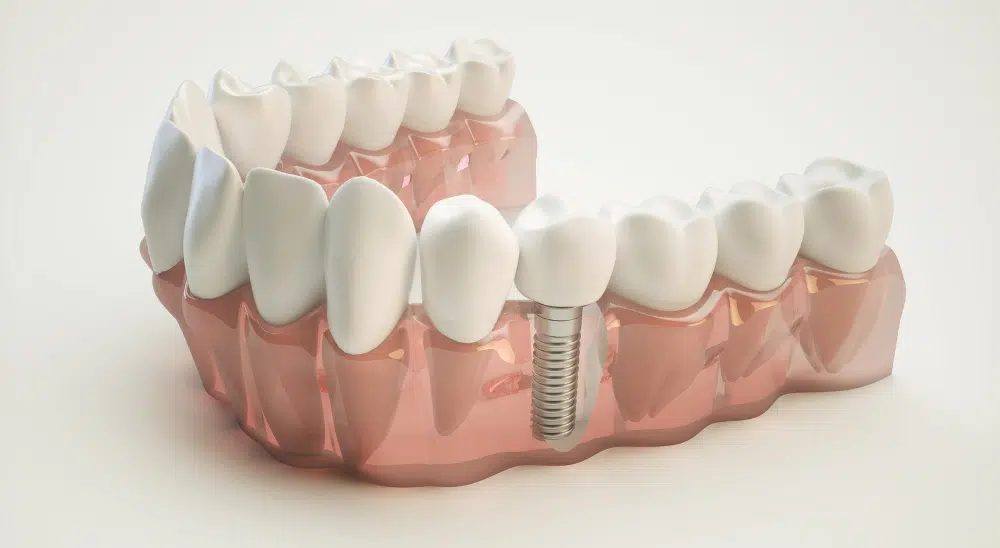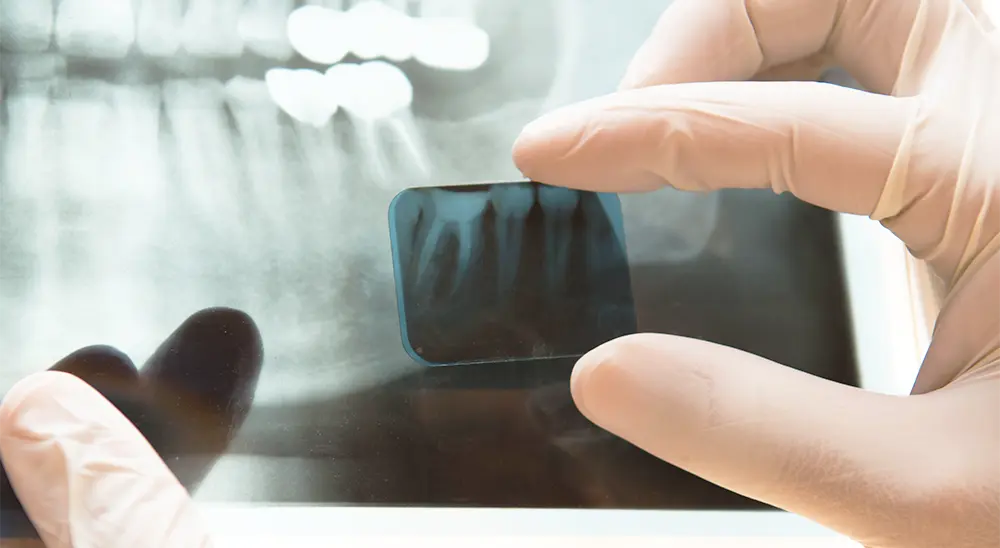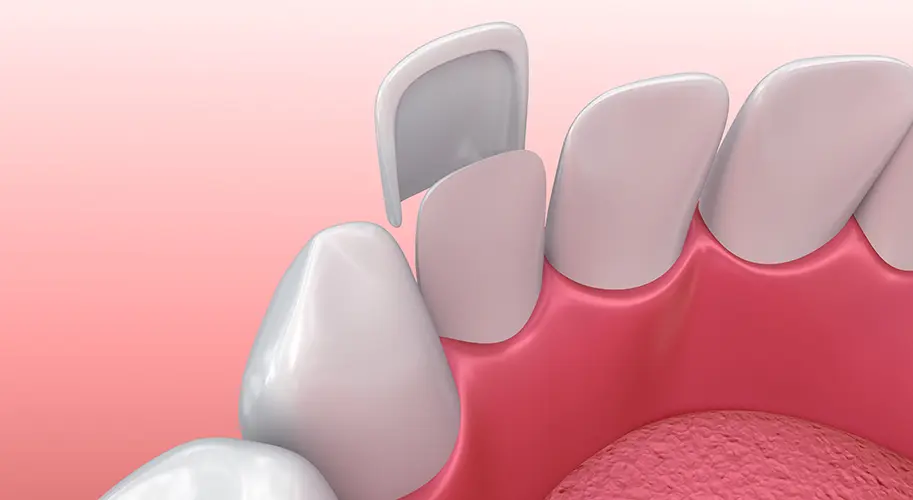
Placement of dental implants
Are you a suitable candidate for this procedure?
Dental implants have become one of the most preferred alternatives for the restoration of missing teeth. They offer a long-term solution, an extremely aesthetic result, and a complete return to the natural chewing function. However, can each of us undergo such manipulation for the placement of dental implants? Read in our new article?
Are you a suitable candidate for dental implants?
Good planning of implant treatment is the most important step towards an excellent end result. During this stage, you and your dental implantologist will discuss your oral health and the overall condition of your organism. We advise you not to save any information from your doctor so that he can accurately and carefully determine whether the procedure for placing dental implants is suitable for you.
Important factors determining the success of dental implant treatment:
Bone condition –
The good condition of the jawbone is one of the most important factors for the placement of dental implants.
In patients with moderate to severe bone atrophy, basal dental implants are recommended, as they are placed in the harder part of the jawbone (cortical), which is rarely affected by the atrophy process.
If, however, your implantologist has chosen to use classic implants and you have bone atrophy, he will recommend that you undergo an additional bone graft procedure, and in a few months he will place the dental implants.
General health –
Your general health status is essential for the success of treatment with dental implants, especially for their integration or subsequent rejection by the body.
For many years after the advent of dental implants, patients suffering from conditions such as diabetes, periodontitis, stroke, heart, autoimmune diseases, etc., could not undergo such a procedure. These diseases directly affected the ability of the jawbone to fuse with the implant, and implantologists avoided their use because, in these cases, the manipulation was considered high-risk.
With the advancement of dental medicine, basal implants have been created with whom the manipulation is much less invasive than with classical implants, so they are a great alternative for people with chronic diseases.
Pregnancy –
Anesthesia is used to perform the procedure of placing dental implants, the purpose of which is to anesthetize the working field. During pregnancy, especially before the second trimester, anesthetics are not appropriate.
Smoking –
Nicotine restricts the flow of oxygen and blood to the bones and weakens the immune system, which can lead to infections.
In smokers, it is recommended to use basal dental implants, as they are placed in the deeper bone layer compared to traditional dental implants, and this reduces the risk of infections.
Chemotherapy –
The jawbone may lose density due to past chemotherapy. Implants placed in bone without sufficient density are at higher risk of failed osseointegration and subsequent rejection. If you have a history of chemotherapy in the jaw/neck/face or jaw area, you will need an oral surgeon and the opinion of your oncologist to perform additional tests to assess your bone density.
The placement of dental implants is absolutely contraindicated in patients with active cancer, viral hepatitis, AIDS, syphilis, tuberculosis, and others. transmissible diseases, chronic recurrent aphthous stomatitis and leukoplakia, severe forms of bruxism (clenching of teeth), some autoimmune diseases, diseases of the bone system, and others. Dental implants are also contraindicated in children under 18 years of age.
Overall, the success rate of dental implant treatment is over 97% and is one of the safest and most predictable procedures in dentistry. Dental implants provide patients with excellent oral health, confidence, and a better quality of life.
If you need such a procedure, it is important to visit a reliable implantologist who will examine your specific clinical case and together find the most appropriate treatment plan.
Contact us for a free consultation through our contact form. We will be happy to be useful to you and discuss your individual needs.







